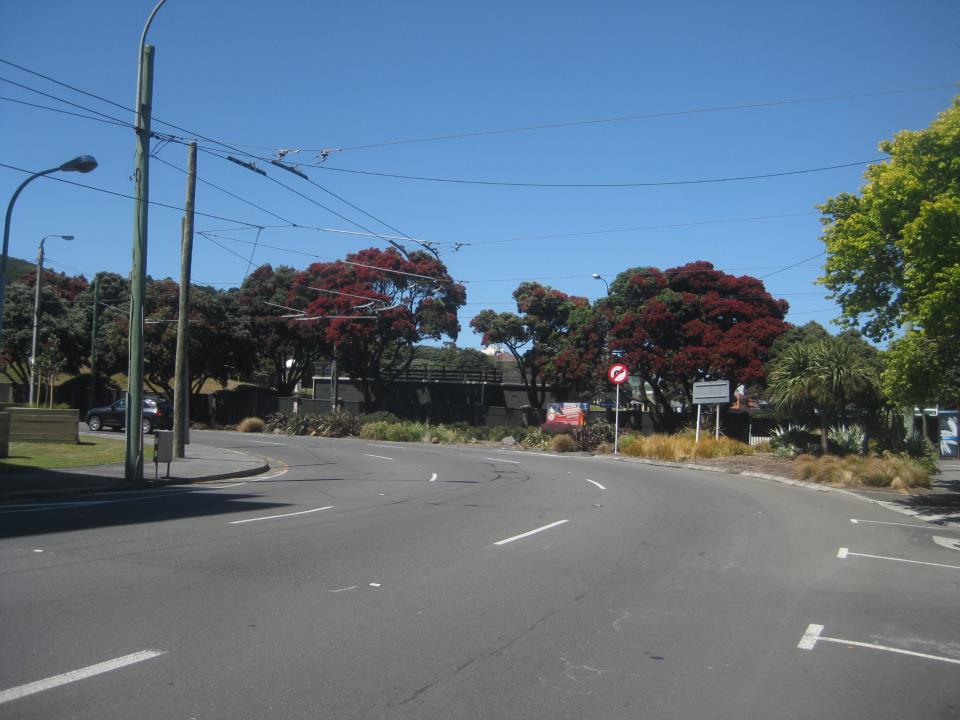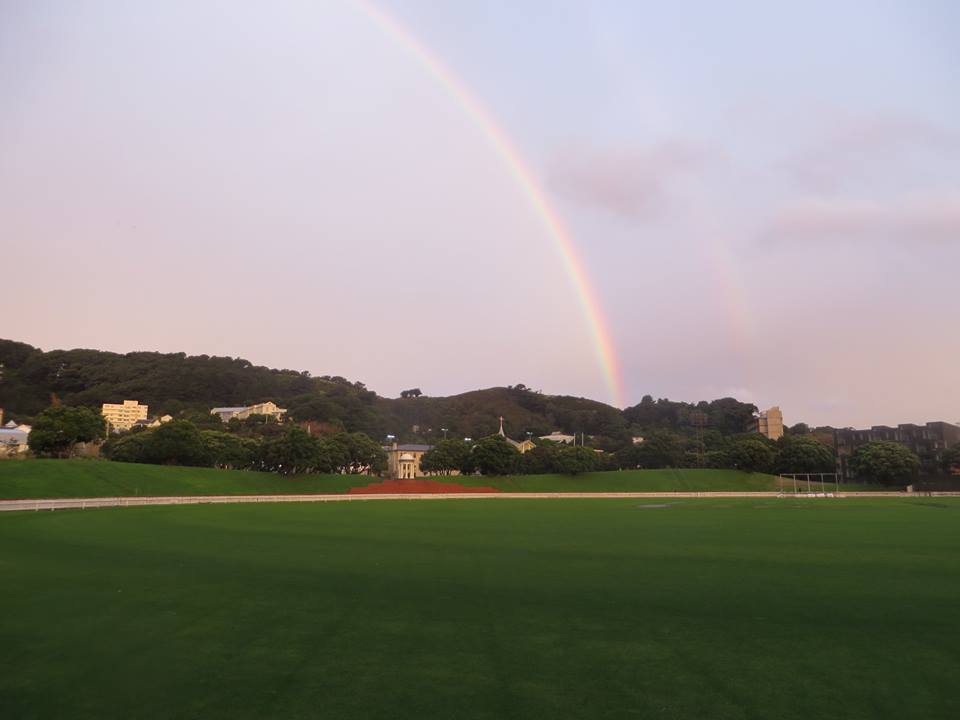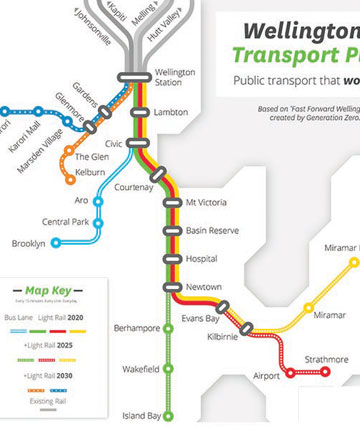The Regional Transport Committee’s Draft Regional Land Transport Plan is currently open for submissions. It lists and prioritises what the Regional Transport Committee considers to be Wellington’s transport priorities. Submissions close at 4pm on Friday 20 February.
We’re pleased to see that a Basin Reserve Flyover isn’t included on that list, but we’ve heard through the grapevine that the Regional Transport Committee plans to reinstate a flyover in their plans if NZTA wins their High Court appeal – and the various references to the Basin Reserve in the Draft Plan strongly suggest that the Regional Transport Committee is hoping NZTA does win.
We suggest you take the opportunity to submit on the Draft Regional Land Transport Plan, supporting the exclusion of a Basin Reserve Flyover from their list of priorities, asking them to seriously consider at-grade alternatives rather than keep pining for a Basin flyover, and asking for a guarantee that a flyover will not be retroactively included – plus, of course, commenting on their plans in general!
New lobby group Fair, Intelligent Transport Wellington (FIT Wellington) is concerned that the questions on the official submissions form are biased. So, although we’ve provided the official submission information below, FIT Wellington suggests that you avoid using the GW Online submission form and use the email option or postal method instead.
If you’d like a copy of FIT Wellington’s submission, or to get involved in that group, please contact mbarnett@paradise.net.nz.
Here is the official word on how to submit:
“Your views are invited on the draft Regional Land Transport Plan 2015.
The draft Plan is a statutory document that the Regional Transport Committee must prepare under the Land Transport Management Act 2003.
The draft Plan outlines the proposed strategic approach for development of the region’s land transport network over the next 10 to 30 years and includes all of the land transport activities proposed for funding over the next six years and the regional priority to be given to the large new transport projects.
How to view the draft Plan
- The full draft Plan can be viewed online at www.gw.govt.nz/RLTPlan
- A hard copy can be viewed at libraries and council offices throughout the region.
- Alternatively, you can order a copy by calling Greater Wellington Regional Council on 0800 496 734 or by emailing info@gw.govt.nz.
How to provide feedback
- An online submission form can be completed at www.gw.govt.nz/RLTPlan
- Alternatively, submissions can be emailed to info@gw.govt.nz or posted to Draft RLTP Submissions, Freepost 3156, Greater Wellington Regional Council, PO Box 11646, Wellington 6142
Submissions close at 4pm on Friday 20 February 2015.
Feedback from the submissions will be considered before the draft Plan is finalised in April 2015.
If you would like to speak in support of your submission at a hearing in early March, please indicate this clearly in your submission.”



